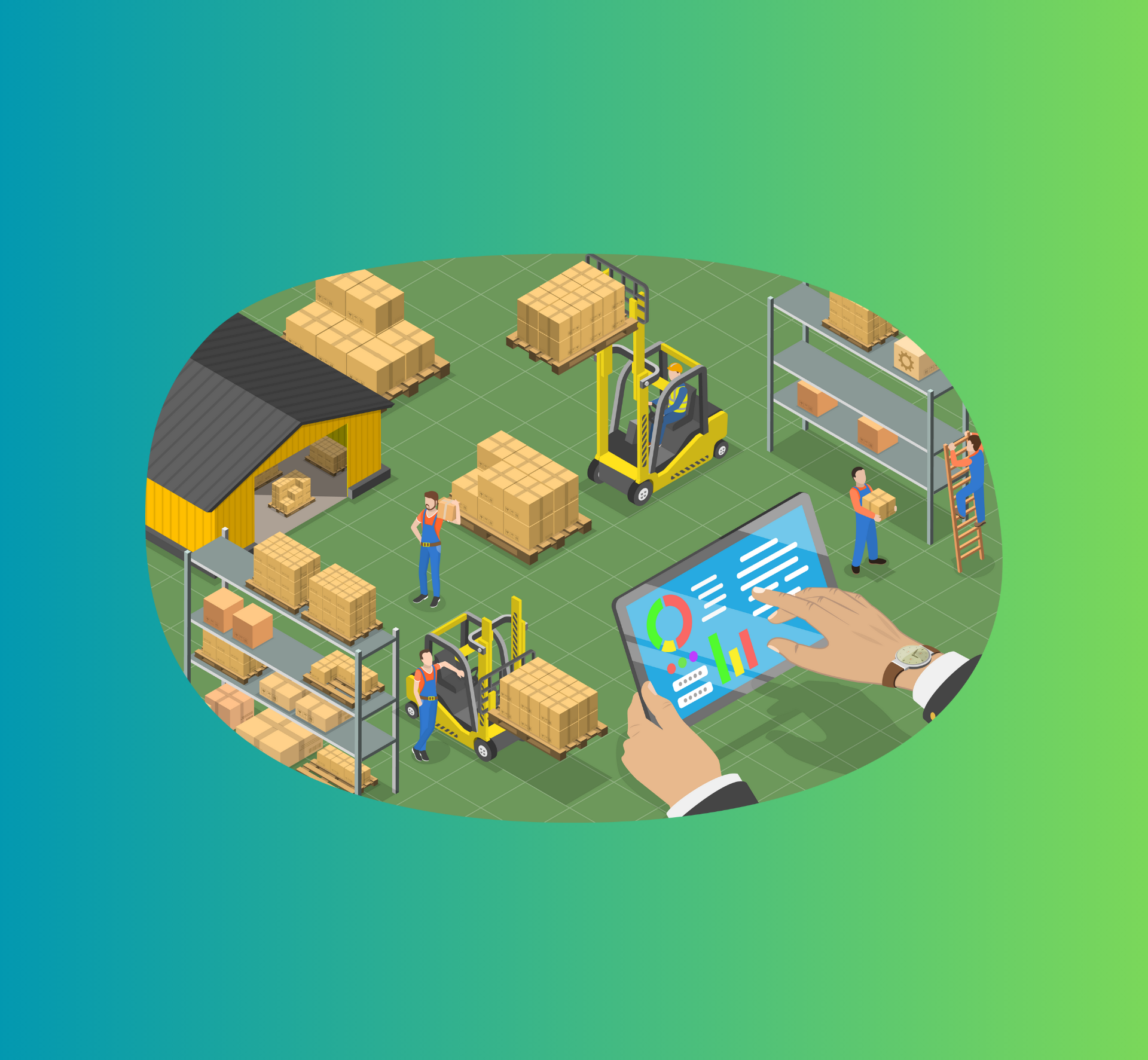Best
Warehouse Management Software
We've ranked the top 10 warehouse management software.
Explore our expert rankings to find your ideal partner in the warehouse management softwares industry.
View RankingsReal-time inventory tracking

Integration with ERP systems






